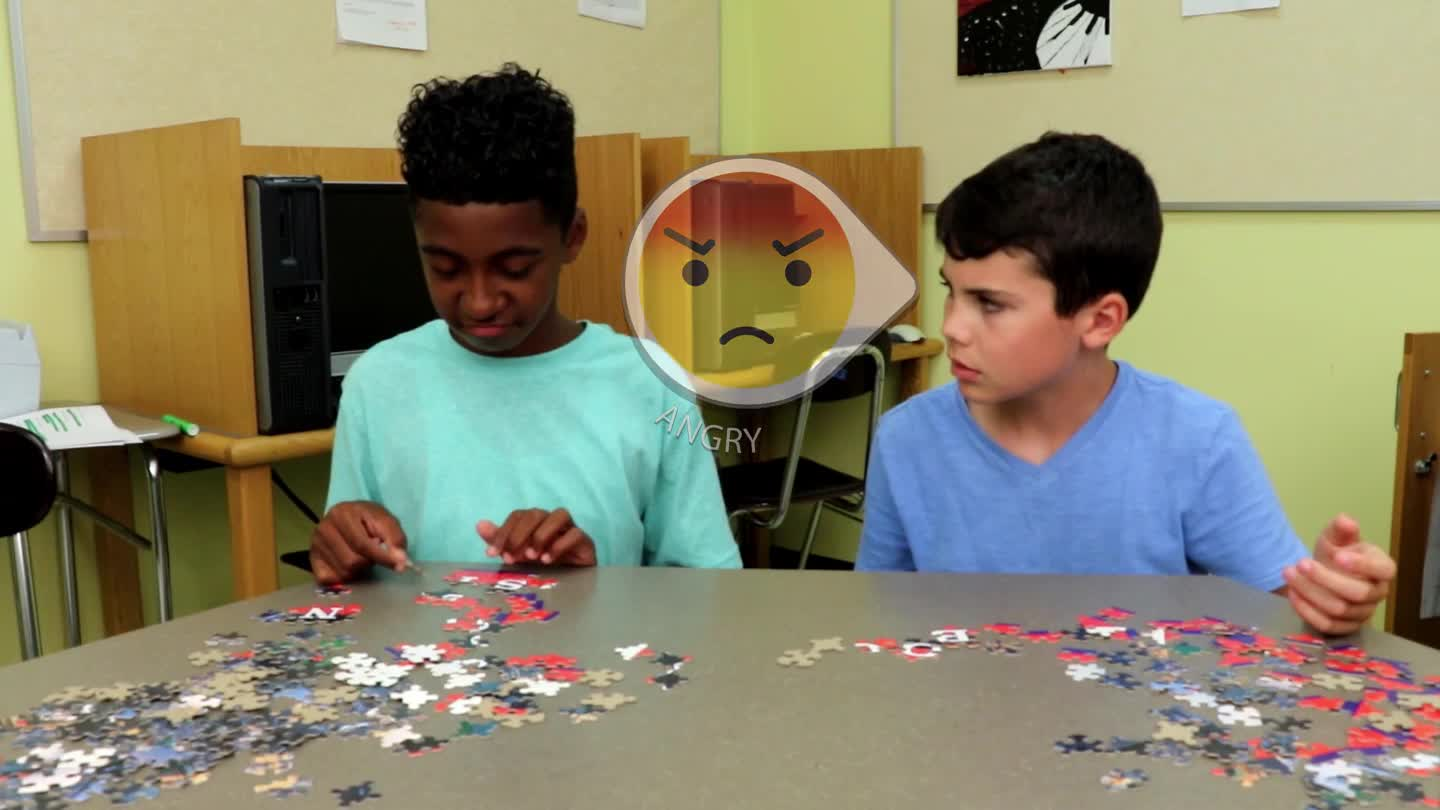
Introduction
Playtime is a crucial aspect of a child’s development, as it offers opportunities to learn valuable social skills and build positive relationships with their peers. As an educator, teaching children how to share, ask for permission, and respect others’ belongings during playtime helps create a more inclusive and enjoyable environment. This blog post will explore an easy, no-prep activity that encourages students to practice these essential skills, followed by discussion questions and related skills to further enhance their learning experience.
No-Prep Activity: The Sharing Circle
The Sharing Circle is a simple activity that requires no additional materials or preparation. It aims to teach children the importance of sharing and asking for permission while playing with others. Here’s how it works:
- Ask the students to form a circle and bring a toy or item they would like to share with the group.
- Explain that they will pass their toy to the person on their right, but they must first ask for permission to do so.
- Once the person agrees, the toy is passed along, and the process is repeated until every student has had a chance to share their item.
- After the activity, gather the students and discuss their experiences, emphasizing the importance of sharing and asking for permission during playtime.
Discussion Questions
- How did you feel when someone asked for your permission to use your toy? How would you have felt if they had taken it without asking?
- Why is it essential to share and ask for permission when playing with others? How does it affect the way we feel and our relationships with our peers?
- Can you think of a situation where someone didn’t ask for permission, and it caused a problem? How could the situation have been improved?
- What are some other ways we can show respect for others and their belongings during playtime?
Related Skills
In addition to sharing and asking for permission, there are other relevant skills that students can benefit from when it comes to building positive playtime experiences:
- Active Listening: Teaching students to listen and pay attention to others during playtime promotes better communication and understanding.
- Empathy: Encouraging students to put themselves in others’ shoes helps them understand and respect their peers’ feelings and needs.
- Conflict Resolution: Equipping students with strategies to resolve disagreements and find win-win solutions fosters a more harmonious play environment.
- Cooperation: Promoting teamwork and collaboration during playtime helps students build stronger relationships and work together towards common goals.
Next Steps
Now that you’re equipped with a no-prep activity and discussion questions, it’s time to help your students build positive playtime experiences by practicing sharing and asking for permission. To access more resources and sample materials that can further enhance your students’ social-emotional learning, visit Everyday Speech’s sample materials page and sign up for free samples.

